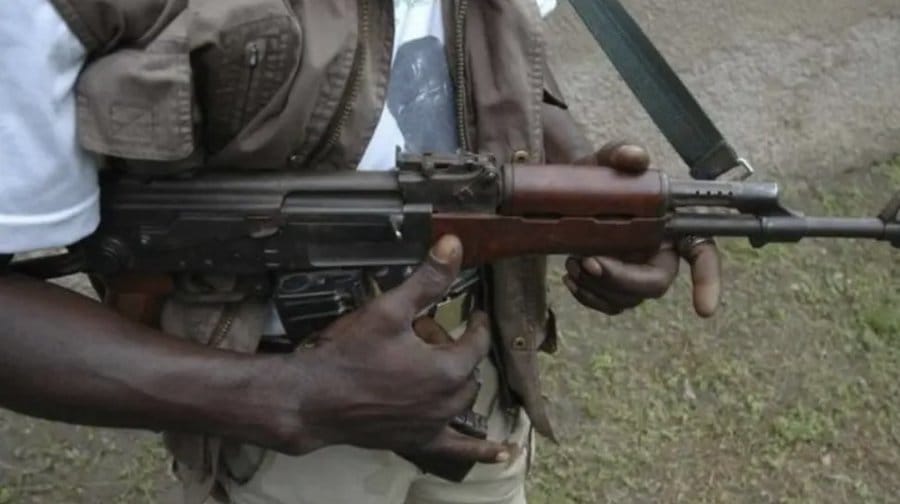Lagos, Nigeria (TAE)-In a significant development coming from the north-western town of Kuriga, Nigeria, more than 280 schoolchildren, along with one teacher, who were abducted earlier this month, have been released unharmed, as confirmed by local officials. The release comes ahead of a looming deadline set by the abductors for a hefty ransom demand, shedding a glimmer of hope amidst the shadow of a rising kidnap crisis in the region.
Kaduna State Governor, Uba Sani, has remained tight-lipped about the details surrounding the children’s release. The young victims, aged between eight and 15, were taken from their schools on the 7th of March in a brazen morning raid by armed gunmen on motorcycles. This incident momentarily spiked the fear of a resurgence in the mass abductions that have plagued the north-western states of Nigeria, from which there had been a noticeable decline over the past year.
In a statement, Governor Sani extended his gratitude towards Nigeria’s President Bola Tinubu and the Nigerian Army for their roles in securing the children’s release, highlighting their commitment and courage in the face of criminal adversity. This incident, involving a demand for a $690,000 (£548,000) ransom by the abductors, tested the government’s stance against making ransom payments, a policy reinforced by a controversial law passed in 2022 which criminalizes such payments with severe penalties.
The abduction incident on the 7th of March was not just a stark reminder of the kidnapping crisis but also a tragic day as one 14-year-old pupil was reported to have been fatally shot by the gunmen during the abduction. The town of Kuriga found itself in the midst of chaos as the gunmen divided and abducted students from both a secondary and a primary school, bringing the grim realities of the nation’s security challenges to the forefront.
Kaduna and its neighboring states have become hotspots for kidnappings by criminal gangs seeking ransom payments, a lucrative but perilous venture that has seen thousands of Nigerians, particularly schoolchildren, abducted over the years. In an effort to combat this, the Nigerian government has taken a firm stance against ransom payments, an approach that has been both criticized and lauded in its attempt to deter kidnappers.
The release of the Kuriga schoolchildren is a beacon of hope and a testament to the resilience of the Nigerian security forces. Yet, it also underscores the ongoing challenges faced by the government in securing educational institutions and ensuring the safety of its citizens, particularly in regions vulnerable to the activities of criminal gangs. The incident calls for a renewed focus on strengthening security measures and community engagement to prevent future abductions and to address the underlying issues fueling the kidnapping crisis in Nigeria.


